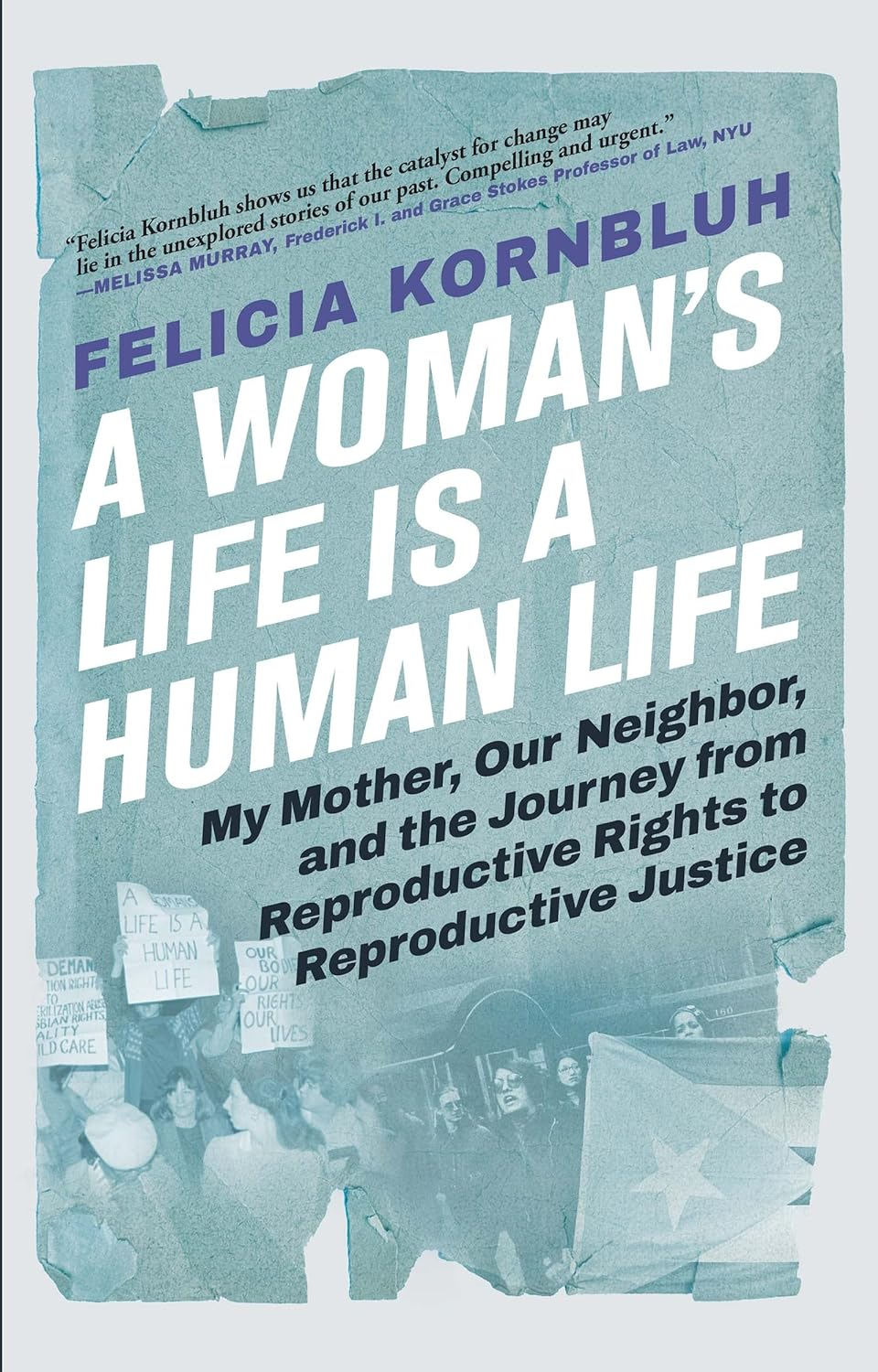A few days before Thanksgiving in 1968 my mother, Beatrice Kornbluh, a labor lawyer and member of the National Organization for Women (NOW), took time away from her job and three daughters to address her newly elected representative to the New York State Assembly, Franz Leichter. “Dear Franz,” she wrote, “Enclosed is an abortion repeal law.” Assemblywoman Constance Cook, among the many Republicans who once favored reproductive rights, pre-filed a bill before the start of the next legislative session based on my mother’s draft. It was the first legislative proposal in US history that promised unrestricted access to abortion, with no limits based on the number of weeks a pregnancy had progressed and no doctors deciding who needed or deserved the procedure. As of today only four states, plus the District of Columbia, have made abortion as accessible as my mother wanted it to be when my twin sister and I were toddlers.
Leichter had the backing of the Jews and non-Jewish liberals he represented in Manhattan’s Upper West Side, who during World War II had learned to reject public policies that distinguished between good and bad bodies, acceptable and unacceptable reproductive choices. Born in Vienna, Leichter had been a refugee from Nazism whose own feminist mother, the sociologist Kathë Leichter, was killed at one of the notorious “T4” centers established for the so-called euthanasia of disabled people. He joined a national effort to make the Democratic Party more encompassing of civil rights, including of women’s civil rights—an effort that, under Eleanor Roosevelt’s leadership, was strongest in New York State. From the moment he entered the legislature, Leichter was the foremost Democratic advocate of my mother’s bill and of the liberal approach to abortion rights it represented.
My mother never dreamed of shaping policy beyond her state. She had produced the draft legislation for a committee of her local NOW chapter—she was the only member with a law degree—that hoped to use state law to solve a problem state law had created. New York’s legislature passed its first abortion statute in 1828, creating a crime out of what had until then been a practice loosely regulated under common law. By my mother’s time, the terrible effects of this nineteenth-century innovation were clear. According to a 1965 report by the New York City Department of Health, maternal mortality in the city rose—from 60 deaths out of every 100,000 live births in 1954 to 73 in 1962—even as medical technology advanced and childbirth became safer overall. One quarter of deaths of pregnant white women, and half of deaths of pregnant Black and Puerto Rican women, were due to poorly performed abortions. Despite these damning numbers, reforming the abortion law in New York was a heavy lift. Even to discuss abortion was considered transgressive.
